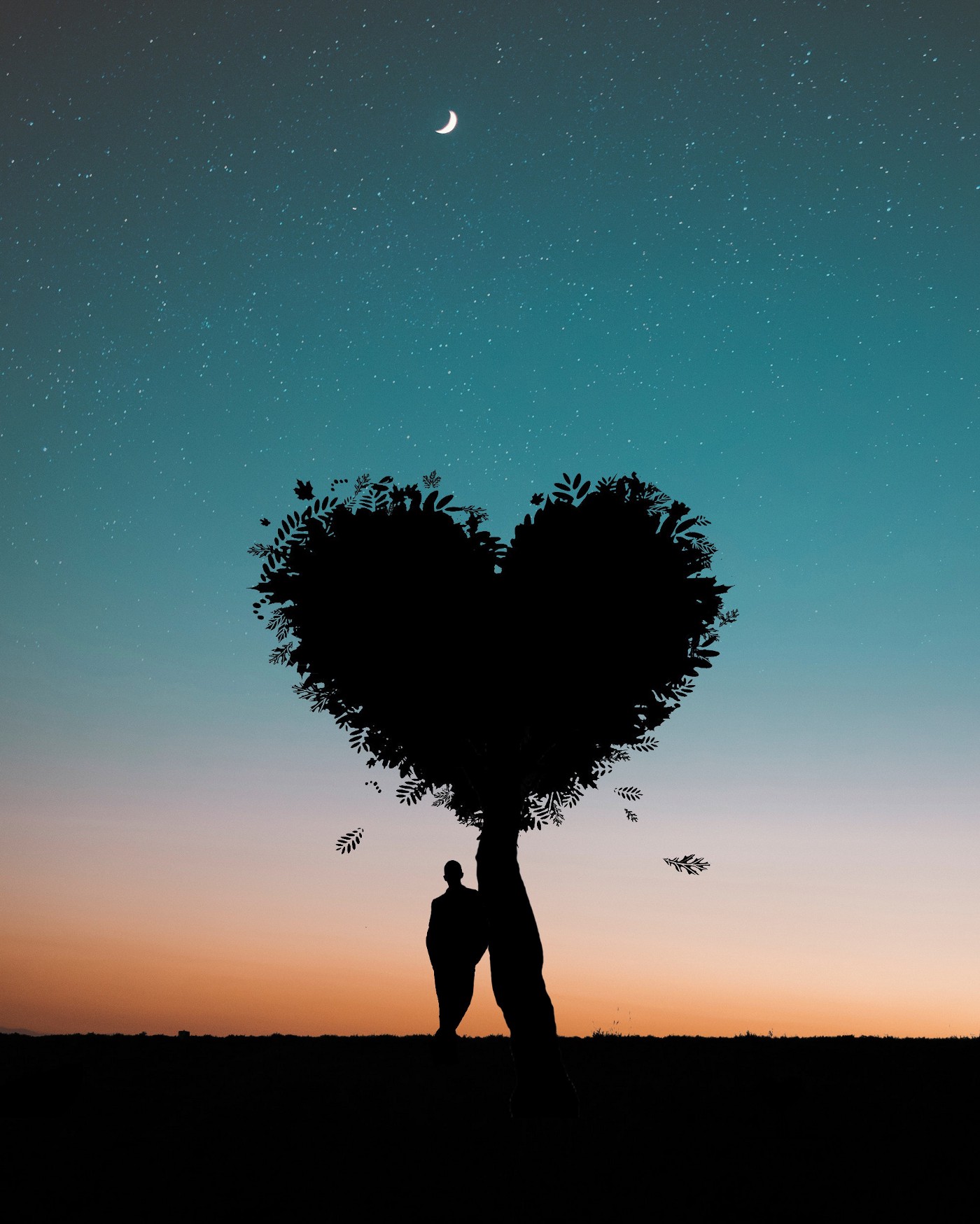With Mental Health Week coming towards an end, this is a time for us to reflect on how the past ten weeks have left an imprint on us while we live in a time of global pandemic with the coronavirus disease (COVID-19).
The most significant psychological impact it has had on us all is around loss and grief. Some people have had bereavements and lost their loved ones during these unprecedented times and have been unable to say goodbye, hold traditional funerals, rituals, practices and memorial services as they would have due to the social distance rules. This will hold a psychological scar on the mourners who might be at greater risks of suffering from prolonged grief disorder.
Other forms of losses are around the new ‘dystopian’ reality of our daily lives. People have lost their jobs, been furloughed or their businesses have been at risk and have had to close under recent government guidelines. People have been advised to work from home and grapple with technology in order to feel part of a wider team and socially connected. Parents have had to juggle the complex terrain of being an educator as well as a parent, spouse, partner and employee. Relational dynamics have changed, transformed and the impact on children and adolescent has been vast and manifold beyond just the academic and developmental impact but has also taken a psychological toll.
Further losses are around people who are classified as ‘clinically extremely vulnerable’ and required to shield and some of them have been in complete isolation. On the other hand, some frontline staffs (health care professionals, responders, providers) might have had to leave their homes and live in isolation in alternative accomodation in order to protect their family members who might be deemed at risk.
However the most significant form of loss we have endured as social animals is around the absence of physical touch which is so vital for our emotional and physical wellbeing. We yearn seeing people face-to-face, hug, kiss and embrace them as we normally would instead of feeling fearful that we might contaminate them and render them ill. From our fragmented and disjointed sense of self we crave social connectedness more so than ever and this brings us time to ponder on what kindness means to us and others in order to cultivate a sense of purpose and meaning.
When I think of kindness I think of self-nurturance, affection, warmth, generosity and connectedness. I think of acts that go beyond and leave an imprint on us. These acts are selfless, genuine and authentic and can move us emotionally, remind us of our common humanity and that we are not alone, that we are seen, appreciated, valued and these acts have a growth-promoting element.
The person giving the act of kindness is choosing to ameliorate our wellbeing and going beyond what would be expected from them. And the word choosing and making that conscious decision is a key word and behaviour for me because the person giving has no obligation or duty to do so. When I think of kindness I think of someone who truly has compassion, empathy and makes you feel safe and grounded.
I think of every day heroes such as our NHS staff and key workers who we currently celebrate and salute weekly with the clap for our carers. I think of Captain Tom Moore who is soon to be knighted for all his fundraising efforts for NHS charities and Dr Christian Chenay who is France’s eldest doctor and still working despite the risks he incurs .
Despite the current unsettling landscape, ‘small acts of kindness’ such as the cards for kindness initiative to support people living in care homes or people bringing home cooked meals to their elderly neighbours reignites our belief and hope that we will only grow, flourish, strengthen our emotional resilience and slowly find our way back to one another. We are all in this together.

 Photo by Rakicevic Nenadon on Pexel
Photo by Rakicevic Nenadon on Pexel
